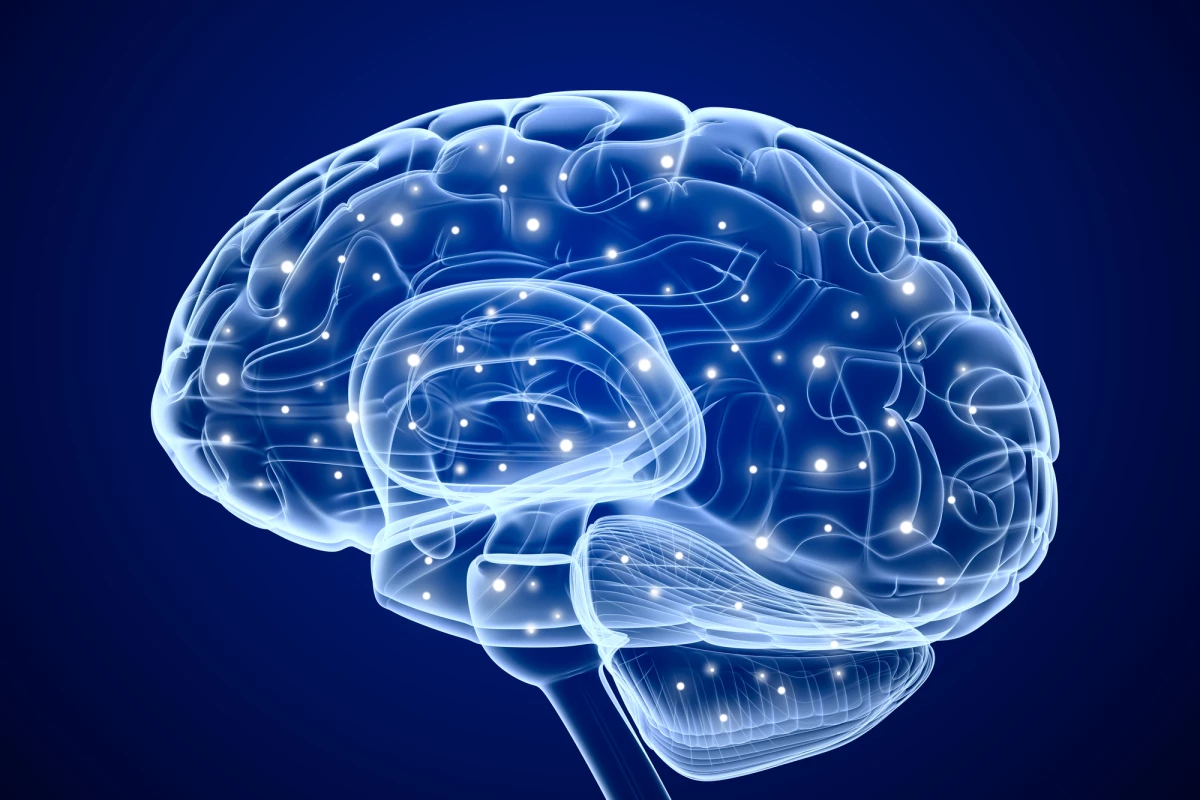Though there is so much to learn about the way Alzheimer's develops in the human brain, amyloid beta proteins have long been implicated in its advance. A new study has uncovered a previously unknown hairpin-like structure within this protein that proved critical to an antibody response seen in mice, with an engineered version of the protein fragment also laying the groundwork for a vaccine against the disease in humans.
Amyloid proteins in the brain have long been associated with the neurodegeneration seen in Alzheimer's. It is thought these toxic proteins build up to form dangerous brain plaques in between nerve cells that lead to memory loss and cognitive decline, and as such, a lot of research has focused on drugs that target amyloid in its early stages.
In new research, scientists from the University of Leicester, the University Medical Center Göttingen and the medical research charity LifeArc focused on a particular type of amyloid beta. The protein can exist in several forms in the brains of Alzheimer's sufferers, including the type that clump together to form harmful plaques, and a truncated, soluble form, which is also considered a key player in the development of the disease.
The group had previously identified an antibody in mice called TAP01 that selectively binds to these soluble amyloid beta proteins, while leaving the other forms of the protein and the plaques themselves untouched. The scientists went on to develop a human-friendly version of this antibody, called TAP-1_04, which was designed to induce less of an immune response in people.
“In clinical trials, none of the potential treatments which dissolve amyloid plaques in the brain have shown much success in terms of reducing Alzheimer’s symptoms," says Professor Thomas Bayer, from the University Medical Center Göttingen. "Some have even shown negative side effects. So, we decided on a different approach. We identified an antibody in mice that would neutralize the truncated forms of soluble amyloid beta but would not bind either to normal forms of the protein or to the plaques.”
For their new study, the scientists investigated the reasons why TAP01_04 was able to target the soluble amyloid beta so specifically, by solving its crystal structure. This revealed that part of the amyloid beta protein it was binding to was actually folded back onto itself in a hairpin-like shape, a structure that had never been seen before. So the team engineered a version of this hairpin-shaped protein fragment, in hopes of using it to trigger a vaccine-like immune response.
This engineered amyloid beta vaccine, which the team have called TAPAS, was tested on mouse models of Alzheimer's disease, with the rodents indeed generating the associated antibodies in response. Imaging revealed that the vaccine led to a "striking" reduction in the formation of amyloid plaques, stabilized the loss of neurons, restored memory loss and improved glucose metabolism in the brain. Testing of the TAP01_04 antibody in these same mouse models produced similar effects.
The potential of this new technology may lie in the alternative, newly uncovered route it takes to target the roots of Alzheimer's. Many of the amyloid-targeting drugs that have been tested in clinical trials have fallen short, leading some to question the overall hypothesis that the toxic plaques are key drivers of the disease. The authors of this new study believe this technology, which could not only target amyloid beta but take out dangerous forms of it before symptoms appear, offers a new source of optimism.
“The TAP01_04 humanized antibody and the TAPAS vaccine are very different to previous antibodies or vaccines for Alzheimer’s disease that have been tested in clinical trials, because they target a different form of the amyloid beta protein,” explains Preeti. “The results so far are very exciting and testament to the scientific expertise of the team. If this new approach proves successful, it could transform the lives of many patients.”
The scientists are now hoping to proceed to clinical trials for the antibody treatment and vaccine, with the help of a commercial partner.
The research was published in the journal Molecular Psychiatry.
Source: LifeArc




